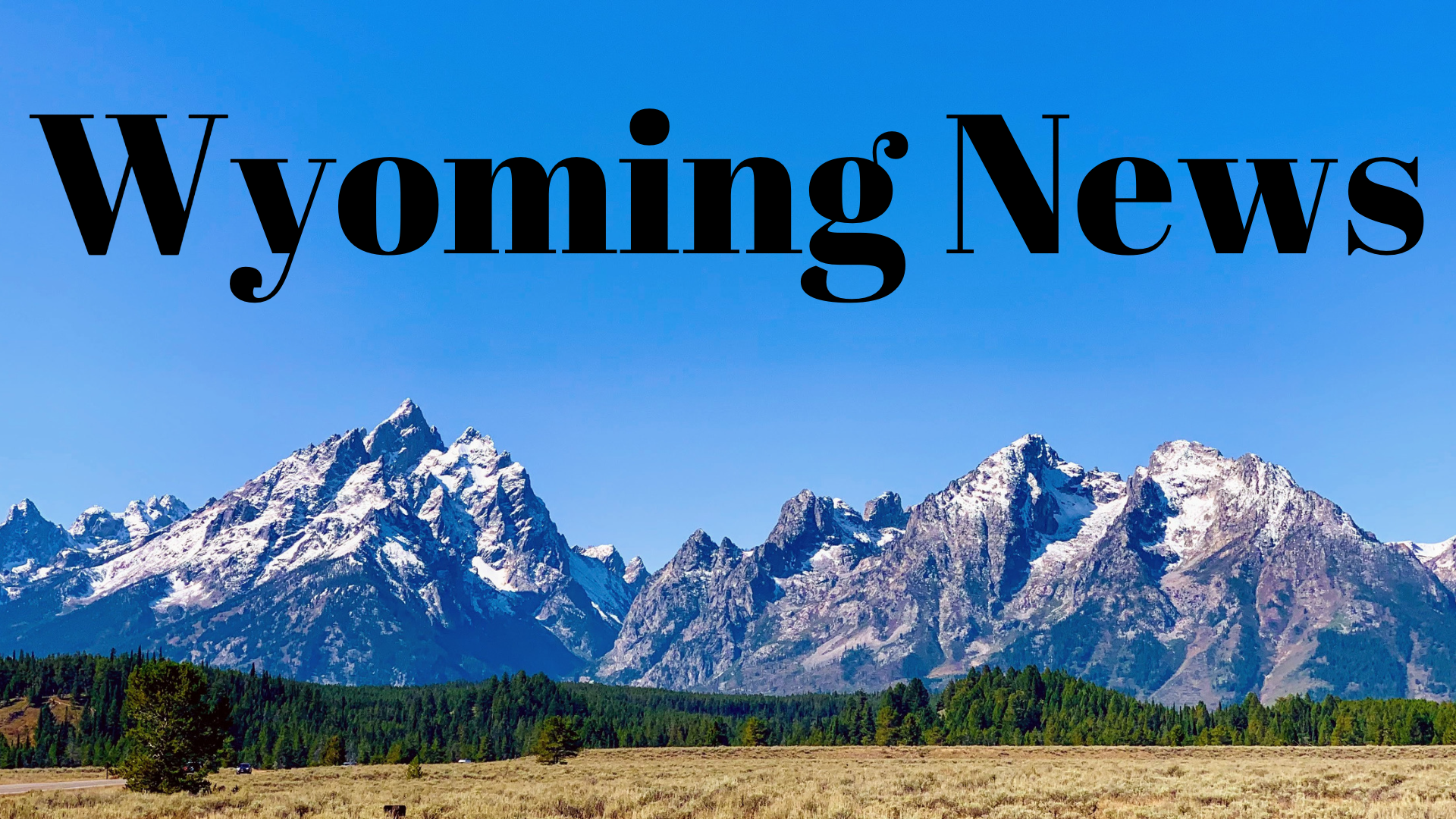Company strikes nickel gold near Jeffrey City

RIVERTON — “Nickel is a magic metal – and nickel is the metal we like to think of when we talk about ‘taking nickels off the track,’” said Riverton Economic and Community Development Association President Alan Moore at the April RECDA meeting.
Mineral extraction has always been important to Wyoming’s economy, he pointed out; oil, gas, gold, iron, uranium and jade all played their roles in shaping Fremont County.
Now, it may be nickel’s turn.
Wyoming currently has a strong focus on coal, Visionary Metal Corporation CEO Wes Adams explained, “but we need to get to more hard rock mines development … We need the darling commodity of tomorrow, not just today.”
Nickel is used in a variety of applications, including stainless steel and electronics, and is in high demand worldwide. As of right now, there is only one domestic mine producing nickel, and it only has about three years left, Adams said.
Although Visionary Metals is a registered Canadian corporation, its headquarters are actually located in Lander. Adams himself grew up in Northern Colorado and spent several years working in oil and gas in the Powder River Basin.
The company also works closely with former Wyoming State Geologist Wayne Sutherland. “We’re essentially a local company,” Adams noted.
Nickel, jade and other metals and minerals associated with ignatius (magma-formed) rock often go hand-in-hand, he explained, and so Visionary Metals started looking for nickel and other deposits in an area of central Wyoming that has historically seen much mining success: A corridor stretching from South Pass east toward Jeffrey City.
Near Tin Cup Springs, it struck gold – or nickel.
A deposit of nickel sulfide that seems likely to be very large, which the company dubbed the King Solomon deposit, was discovered only about 10 miles north of Jeffrey City. About a dozen other potential deposit sites have been identified within the corridor, as well.
“The market for nickel, it’s got a bright future,” Adams remarked. “I think the hope is to bring people back here.”
Hard rock mines can last for up to 40 or 50 years, he said, and a mine on this scale could employ around 1,000 permanent employees – in addition to creating demand for ancillary businesses supplying goods and services to the mine and miners.
“Riverton’s obviously a natural hub for that,” he pointed out.
Towns like Lander, South Pass City and Jeffrey City thrived while mines were open there, he said, and saw economic downswings – in the case of South Pass and Jeffrey City, devastating economic downswings – when the mines closed.
And Lander still has a lower population than it did in its heyday, he added.
“In Lander, there’s not even enough people to work the restaurants,” he said.
There’s still more work to be done before a mine – or mines – could open, he added, but things are looking positive.
Next, the company will need to take core samples to determine how far down these deposits go down, look into permitting and Bureau of Land Management and Department of Environmental Quality regulations, and weigh costs and returns.
However, Adams said, the deposits seem promising – and the local BLM office has so far seemed willing to work with the company.
Additionally, nickel is a relatively environmentally friendly metal to extract, he said, making it less likely that the company will run into regulatory snarls than if it was focused on a different metal or mineral.
“It’s not without some risk, these resources have to be there and in demand,” Adams said, adding that just identifying where the deposits are is beneficial for the local community.
“Even if they’re not economical today, they may be for some future generations.”
“Before Riverton was even a town, there were wells being drilled for oil,” Moore remarked. “We have a really, really ancient landscape … I think in Wyoming we have a more welcoming attitude toward minerals and exploration.”
Adams agreed, noting that Wyoming tends to enjoy bipartisan support for mining projects.
Even so, he continued, when the company reaches the permitting stage it will likely need the community to demonstrate its support for the project.
“When we have a development opportunity, we want to have the community behind us,” Adams said. “We want people to stand up and say ‘let’s do what’s right for Fremont County, and let’s do what’s right for our economy.’”
He noted that with the shifts to the modern economy such as remote working opportunities for the spouses of miners, hopefully such a mine would bring people into the area who would then stay permanently rather than moving away when the mine closes.
This story was published on May 4, 2024.








